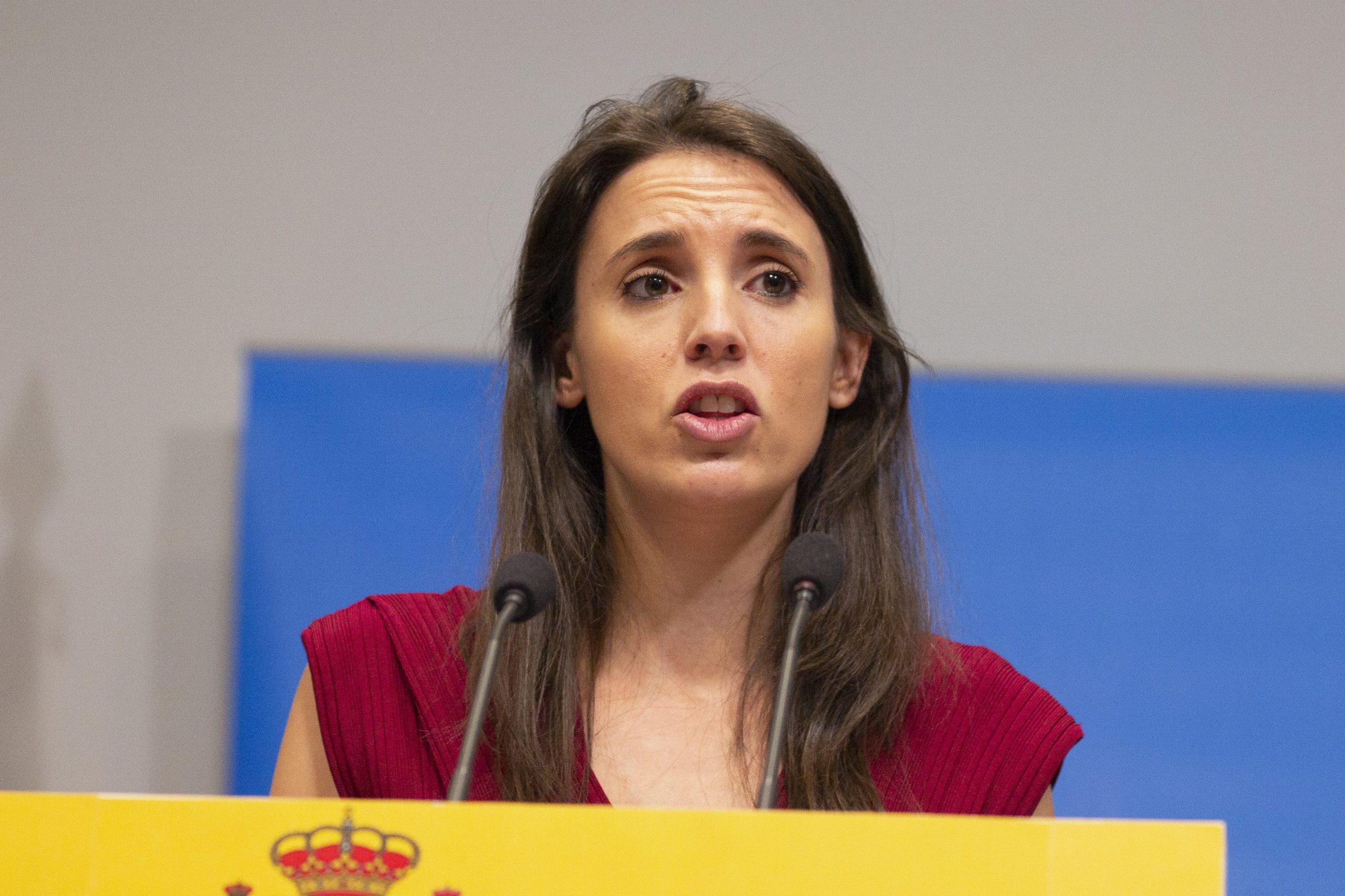SPAIN’S legal watchdog has revealed the first official number of sex offenders who have benefitted from the government’s controversial ‘only yes means yes’ consent law. Since it came into force in October, 721 convicts have seen their sentences reduced, while 74 have been freed from prison early.
According to the CGPJ, the Supreme Court has reduced 10 sentences for sex offenders under the law, while regional High Courts have done the same for 37 other cases and have granted one convict early release.
Most of the sentence reductions, however, have taken place in provincial courts, with 674 in total and 73 early releases.
The ‘Full Guarantee of Sexual Freedom Act’, to give the law its full name, was drawn up by the Equality Ministry. The ministry is run by leftist Unidas Podemos, the junior partner in Spain’s coalition government
The legislation was created in the wake of the infamous rape case at the 2016 Running of the Bulls fiesta in Pamplona. Under the new law, consent must be given and cannot be assumed to have been given either by default or with silence. The legislation also removes the distinction between sexual abuse and sexual assault – i.e. rape – by making consent the deciding factor.
After it came into effect in early October, however, it emerged that convicted sex offenders were able to use the legislation to reduce their sentences in some cases, or even secure early release.
This is due to an apparently unforeseen loophole, given changes in the definition of offences and their minimum and maximum prison sentences.
Minimum sentences have been lowered, in general, in the absence of aggravating circumstances. Under Spanish law, a minimum sentence can be retroactively applied. This accounts for the flood of applications by convicted sex offenders to have their sentences reviewed.
‘Sexist judges’
Unidas Podemos has insisted that there is nothing wrong with the law, with Equality Minister Irene Montero going so far as to blame ‘sexist’ judges for wrongly applying it.
The senior partner in the coalition, the Socialist Party (PSOE), has been more cautious. Prime Minister Pedro Sanchez initially defended it, but due to mounting outrage among the public about the unforeseen consequences of the change, the government committed to changing it at the end of January.
The issue has caused tensions between the coalition partners and has also given the opposition ammunition with which to attack the government, in a year when there will be local and regional elections in May, and a general election around December.
Read more:
- Spain’s Socialist Party bows to pressure and will propose changes to controversial ‘only yes means yes’ law
- Three sex offenders who raped minors see sentences cut under Spain’s new ‘only yes means yes’ law
- EXPLAINER: What Spain’s new ‘only yes means yes’ law means for rape victims in Spain
Click here to read more Spain News from The Olive Press.








